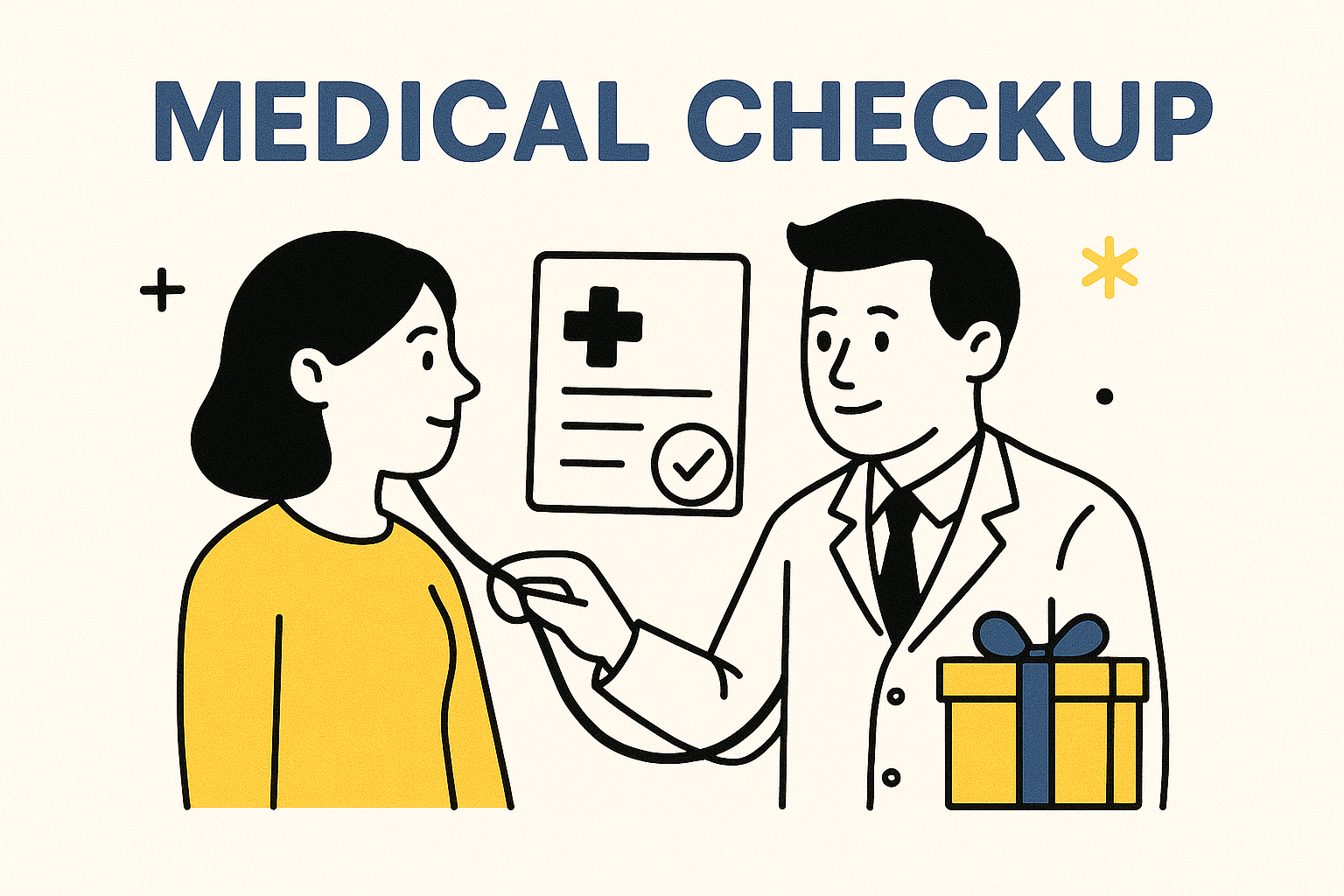As a freelancer or contractor running your limited company in the UK, it's important to be aware of tax relief opportunities that not only benefit your employees but also enhance your company's financial health.
One such relief comes into play when dealing with Display Screen Equipment such as computers, ipads and even mobile phones - a common facet of modern work life
Let's dig into this with zero jargon, providing a clear understanding of the DSE Eye Test Exemption, its rules, and breakdown significant tax savings it can lead to.
What Is the DSE Eye Test Exemption?
For the business owners directing their own companies, using DSE-related eye care isn't just a matter of health care and compliance; it's also a tax-efficient practice.
The regulation states that if your employees (including yourself as the company director) use display screen equipment such as computers or smartphones for work, you are required to pay for their eye tests upon request.
Moreover, if you (or they) need special glasses for using their screen, those expenses should also be covered by the company.
Key Rules of the DSE Eye Test Tax Saving
The DSE Eye Test Exemption is straightforward but crucial for both health and financial reasons. Here's what you need to know:
- If an employee requests an eye test and uses DSE, the employer must cover the cost.
- The relief includes payments for special glasses if needed exclusively for DSE work.
- The company benefits from tax relief on these expenses, with no additional Income Tax or National Insurance contributions required.
- However, if standard prescription glasses suffice, employers are not mandated to pay.
Note that:
- As a limited company director, eye tests are an allowable expense against corporation tax if you use a computer screen for over an hour daily.
- If your glasses are solely needed for work purposes, you can claim the cost back against tax. But as always, make sure you're able to prove this and that you don't wear them for personal reasons.
- If an employer covers the cost of glasses unrelated to DSE use, this must be reported on a P11D form, with the employee taxed on the benefit and the company paying Class 1A National Insurance contributions.
How Much Are the Tax Savings?
Let’s explore how the tax savings work with a straightforward example:
In this example:
- You're a freelance videographer with a VAT-registered limited company
- You fall within the higher rate income tax bracket
- You require special glasses for DSE work only
Suppose the glasses are priced at £200, including VAT.
Company tax savings:
- VAT Saved: You can reclaim the £33.33 of VAT on the £200 glasses. This brings down the cost to £166.67 excluding VAT.
- Corporation Tax Saved: By expensing the glasses through your company, you save an additional £31.67 of corporation tax (19% * £166.67).
- Total company tax saved: Thus, you've saved £65 (£33.33 + £31.67) by handling this through your company.
Personal tax savings:
- Had you paid for the glasses personally, as a higher tax rate payer, it would have required you to take approximately £302 of dividends.
- This £302 would be taxed at 33.75%, leaving you £200 after paying £102 tax.
- Paying for the glasses through the company eliminates the need to take extra dividends and therefore saves you £102 of tax you otherwise would have paid.
Total tax savings:
Adding up the company and personal savings provides a total of £167 saved by buying the £200 glasses through your company. Amazing right!
How Do You Claim the Tax Savings?
Claiming the tax savings in Mighty?
Claiming your tax saving with Mighty is a breeze and can be done in just a few simple steps:
- Purchase the eye test or glasses through your company and locate the transaction in your bank feed.
- For eye tests, select the transaction and categorise it under 'Staff Welfare' in the Other tab in Mighty. For glasses, categorise the transaction under 'Low Value Equipment'.
- Click 'Approve,' and Mighty will automatically handle the tax savings for you.
And that's it, with those simple actions, you've lowered your tax bill!
If You're Not with Mighty Yet
If you haven't made the switch to Mighty, ensure that you note this transaction and communicate the specific details and applicable tax exemption to your accountant. They should then process the exemption and apply the tax deduction for you manually.
Try Mighty For Yourself:
Discover how easy and efficient Mighty makes accounting with a free trial of Mighty.
Don't let tax and accounting stress you out or slow you down - let Mighty streamline everything for you, with amazing UK accountants on hand to help!

.svg)

.svg)

.svg)








